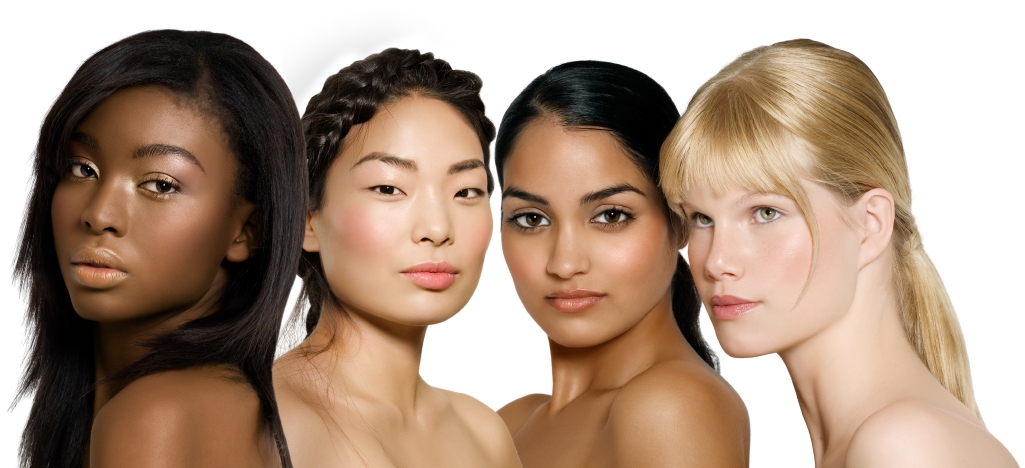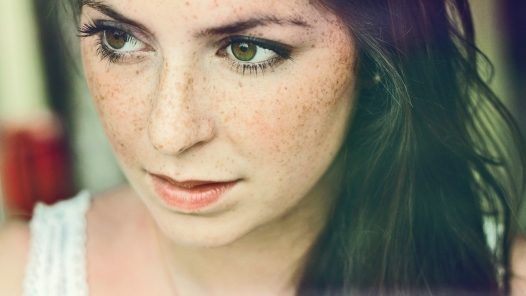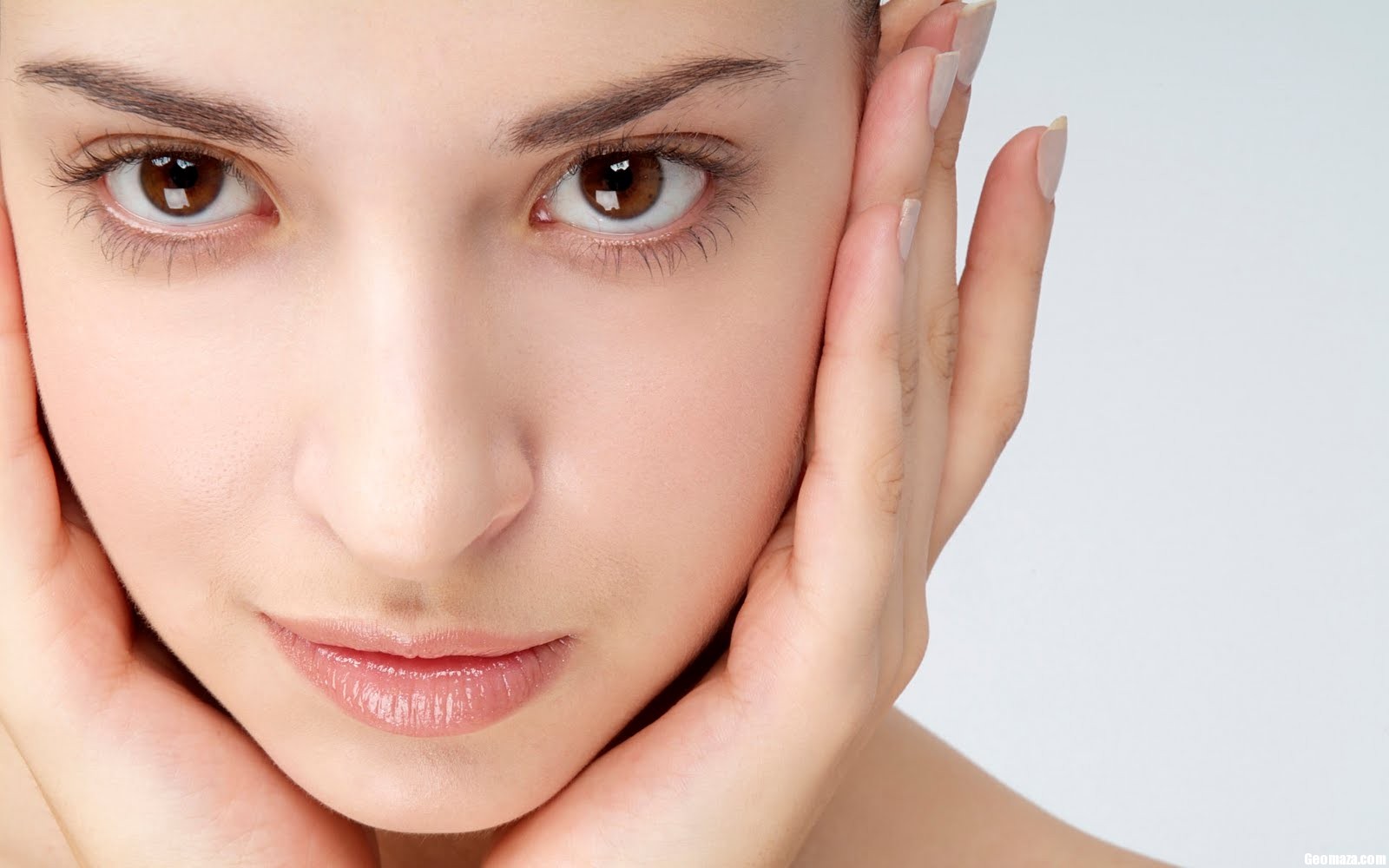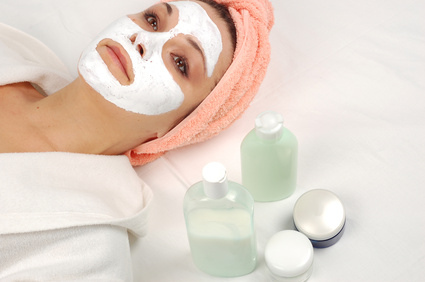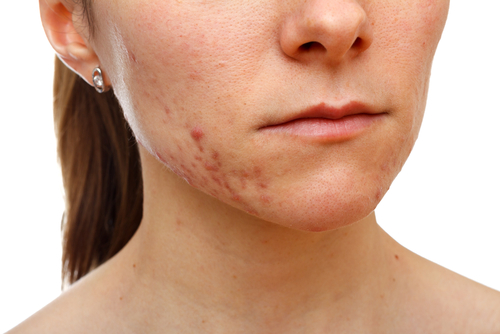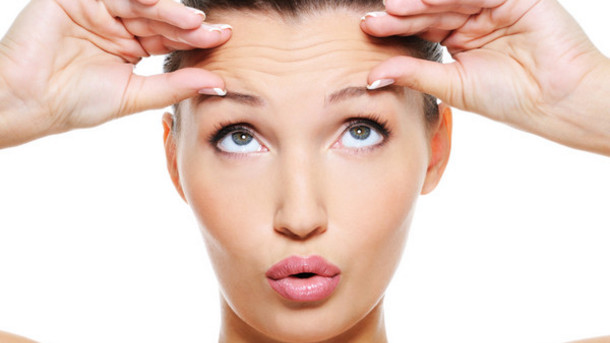[FACT OR FAKE #34] Skin-Lightening Products Are Bad For Your Skin
Skin lightening products like cream, bleach etc., are one of the many beauty products that has become favorites for majority of women and men around the world. But behind their marketed benefits, what other harmful elements and health risks they posses?
Would you use a cream or soap that may have the following long-term side effects – skin cancer, liver damage, kidney damage or poisoning?
Well, there is now lot of evidence to suggest that some active ingredients used in publicly available skin-whitening products can cause all these and more.
Certain skin-lightening products containing a chemical called hydroquinone are already banned for sale in the European Union, Australia, and Japan, amongst other countries as an over-the-counter (without prescription) ingredient
The US FDA has put forth a proposal to ban the over-the-counter sale of such products.
However, in Asia, skin whitening is a huge market. India, Singapore, China and Malaysia have shown almost 100% increase in sales every year for the past five years and are the largest single group of cosmetics sold in these countries.
FACT: Most whitening creams sold in the market are a dangerous cocktail of compounds like steroids, hydroquinone, and tretinoin; the long term use of which can lead to lethal health concerns
For dermatologists, there's no question that lightening creams are worrying - 16% believe they're 'completely unsafe' and 80% think they're only safe when prescribed by a dermatologist, according to a British Skin Foundation survey.
Yet, the formulations of these blitz products are shrouded in mystery and awareness of their hazardous effects is low.
dailymail.co.ukHow do skin lightening products work?
There are two main chemicals found in most skin lightening products – Hydroquinone or Mercury.
Hydroquinone (C6H6O2) is a severely toxic and very powerful chemical used in photo processing, the manufacture of rubber and is an active agent in hair dyes.
Mercury in the form of Mercury Chloride & Ammoniated Mercury is carcinogenic (cancer-producing). They appear on the list of toxic substances that can only be purchased via pharmacies with prescribed labels of toxicity.
Both products perform a similar process. In the short term they will initially cause the skin to lighten by inhibiting the production of melanin. Without melanin formation in the basal layer, no brown pigmentation will be visible. The long term effects, however, are those that must be addressed.
The long term effects of using skin lightening products include the following:
Hydroquinone or Mercury applied to the skin in the longer term actually react with ultra violet rays and re-oxidise, leading to more pigmentation and premature ageing. More products are then applied in an attempt to correct the darker blotchy appearance.
dailymail.co.ukThese are the beginnings of a vicious cycle. By altering the skins natural structure and inhibiting the production of Melanin, the skin’s natural protection, the skin is more susceptible to skin cancer.
Prolonged use of Hydroquinone thickens collagen fibres damaging the connective tissues. The result is rough blotchy skin leaving it with a spotty appearance.
Mercury slowly accumulates within the skin cells striping the skin of its natural pigment leaving behind the tell-tale signs of grey/ blue pigmentation in the folds of the skin. In the long term, the chemical can damage vital organs and lead to liver and kidney failure and mercury poisoning.
This does not mean that you should never use hydroquinone
Just that you should understand that this compound has deleterious effects and should never be used ‘lightly’ (pun unintended). Always use the same under prescription from a good dermatologist or plastic surgeon, if at all.
skintrium.com